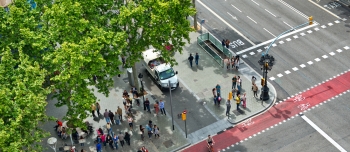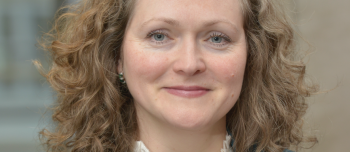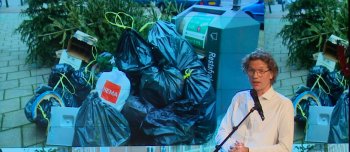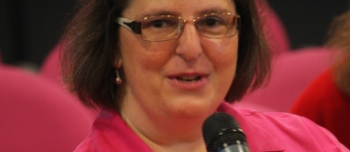CLOSER CITIES aims to create a bridge between urban science and urban practice. By collecting cases on urban practice, analysing them on the shoulders of urban science and sharing research outcomes, urban knowledge becomes shareable. In the ‘5 questions’ series, we ask scientists to briefly reflect on their research and the shareability of their insights and projects.
1. What is the main focus of your research (topic, theme, region)?
Governance and citizen participation in smart cities In the Netherlands, and specifically in the Rotterdam-The Hague area
2. Can you give a brief description of your research?
Our research is about the multistakeholder development of smart cities, taking public values and public conflict as key topics to examine. We design instruments for good (data) governance, public participation and electoral agenda setting
3. How much influence does ‘local context’ have in your field of work? Can results or solutions from your research be shared with other regions easily?
We collaborate closely with the cities of Rotterdam and The Hague, from which a part of our research agenda is derived, But our methods and results are relevant for the other big cities as well.
4. What are the main lessons learned that can be used by urban initiatives?
1. There are many, as yet hidden conflicts and emotion about smart city technologies that only can be accomodated by making the smart city subject to democratic decision making. 2. There is quite a gap between the hoped of local government and tech-parties about the smart city, and the concerns and defiance among local citizens about their agency towards these technologies 3. Privacy is only one of the values that need to inform the smart city, the two other important ones are social cohesion and political legitimacy.
5. How do you think cities can implement these lessons?
By making sure that all of their citizens are invited to engage in ideas and debate about the kind of city they want to build with the new digital and data technologies. This can be done through new participatory instruments, but also needs democratic legitimacy through local elections and voting.











